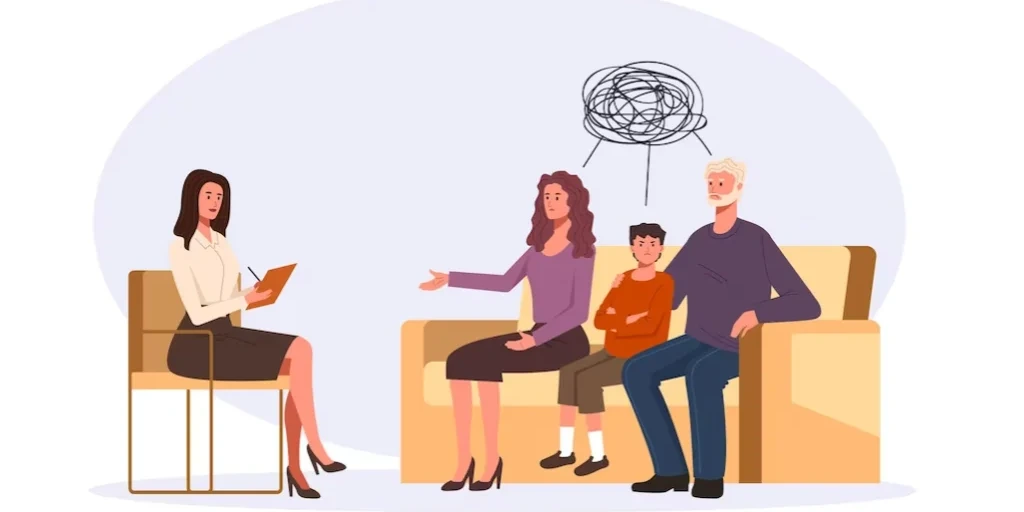24/7 Helpline:
(866) 899-221924/7 Helpline:
(866) 899-2219
Learn more about Group Therapy centers in Bloomington

Other Insurance Options

BlueCross

Private insurance

Choice Care Network

Ambetter

MHNNet Behavioral Health

Magellan

EmblemHealth

Regence

Ceridian

Lucent

Health Net

Molina Healthcare

State Farm

American Behavioral

CareSource

BHS | Behavioral Health Systems

CareFirst

Amerigroup

Kaiser Permanente

Excellus











